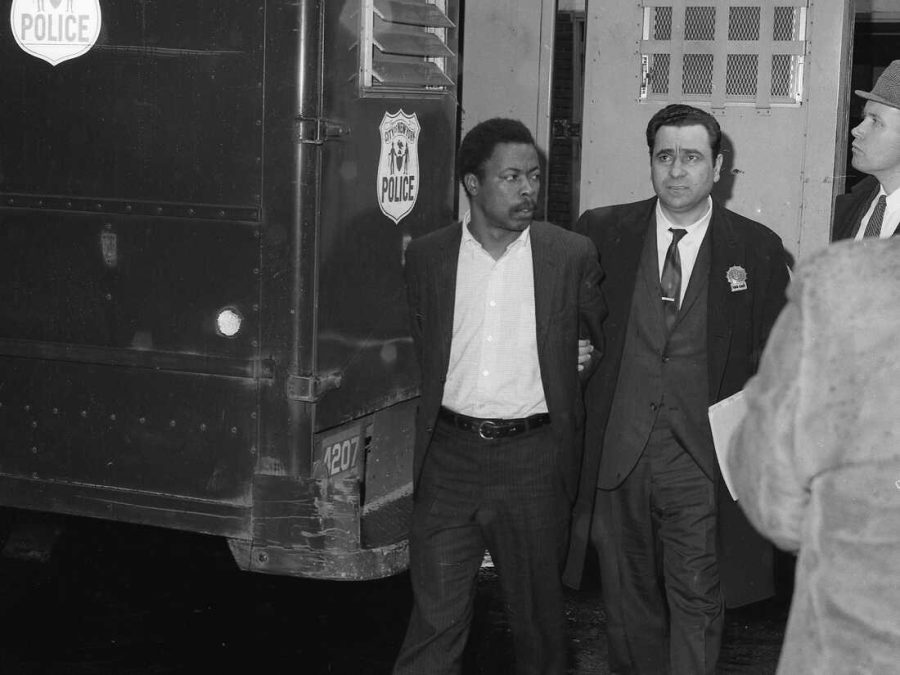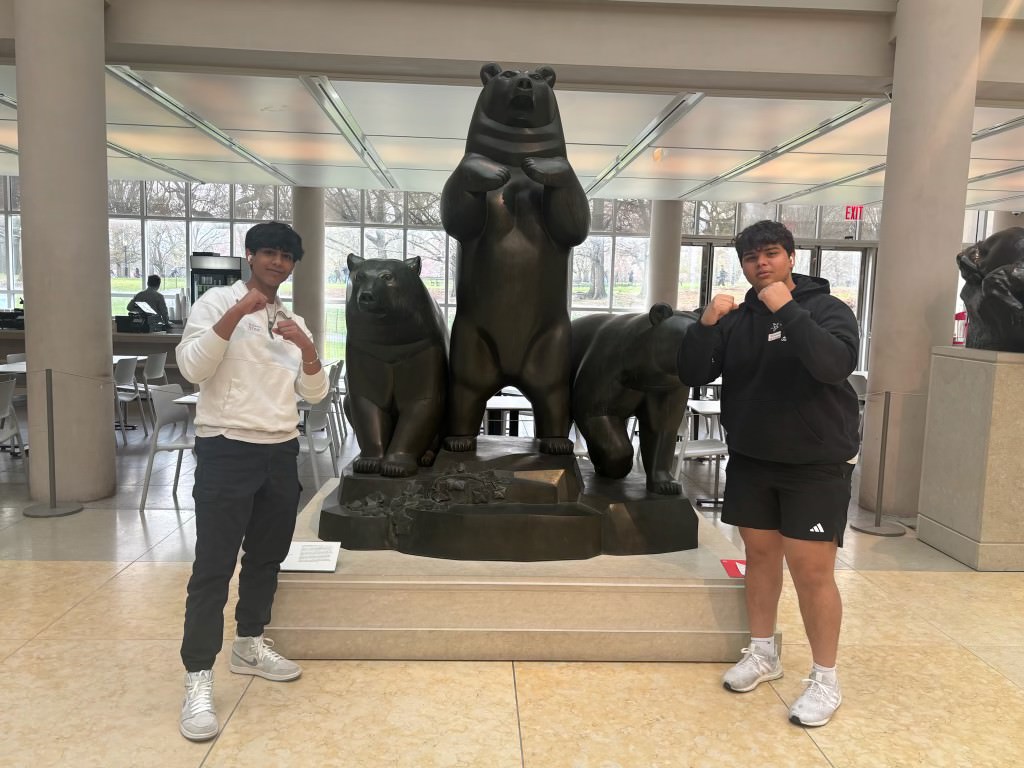Man Who Killed A Police Officer In NJ Released On Parole
NY Daily News via Getty Images
Black Panther Bomb Plot, Clark Squire is led from police van after raid on Panthers. (Photo By: Frank Giorandino/NY Daily News via Getty Images)
May 17, 2022
Acoli Sundiata, a former member of the Black Panther party and Black Liberation Army was arrested in 1973. For he had been sentenced to life in Prison for the death of NJ State trooper Werner. Sundiata has served 49 years in prison; the Supreme Court has granted Parole.
Many disagreed with the decision of the Supreme court on giving him parole. In the state of NJ, offenders are allowed to request for parole after serving 25 years in prison. Although this is the law many think this is morally wrong, allowing someone to be released after committing a crime. It is just that the statutory standard has been met in which Sundiata is allowed to receive parole.
Sundiata had been eligible to file for parole for nearly 30 years ago but had been denied until now. At the age of 85, he is suffering from dementia and has been stated that it is unlikely for him to commit a crime. Him like his family are glad that they will be able to be with him after all the years that they haven’t been.
On the other hand, Governor Phil Murphy tweeted “I am deeply disappointed that Sundiata Acoli, a man who murdered Trooper Werner Foerster in 1973, will be released from prison. Our men and women in uniform are heroes, and anyone who would take the life of an officer on duty should remain behind bars until the end of their life”. Many people like Murphy agree that Sundiata should have remained behind bars.
“I think that he should remain in prison due to the charge that he has,” stated senior Amy Guo.
Many still believe that he should remain life in prison due to moralities but after serving at least 25 years in prison, they are allowed to ask for parole.
















